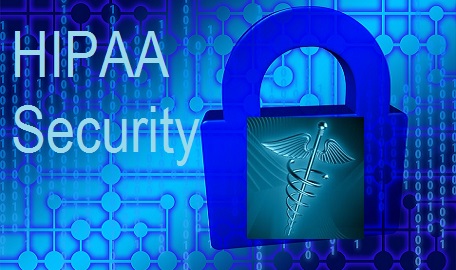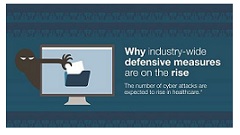HIPAA Security Policies
By Art Gross – In healthcare, it is crucial to ensure the security and privacy of electronic health records and all patient data with security policies. HIPAA provides guidelines for healthcare organizations and covered entities to follow in order to maintain the confidentiality, integrity, and availability of patient health information PHI, or ePHI.
Read More







